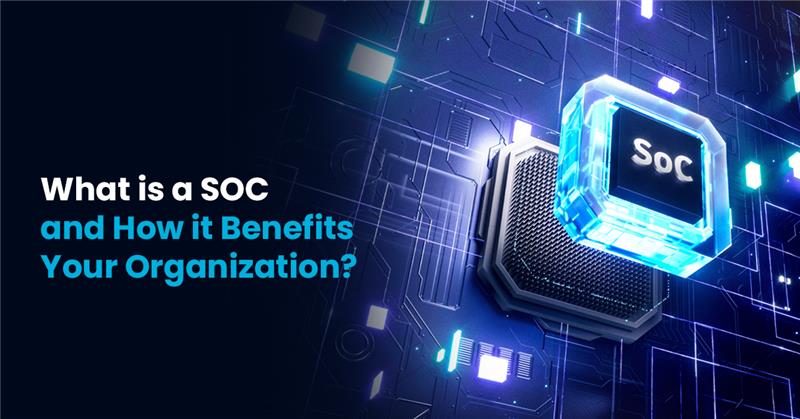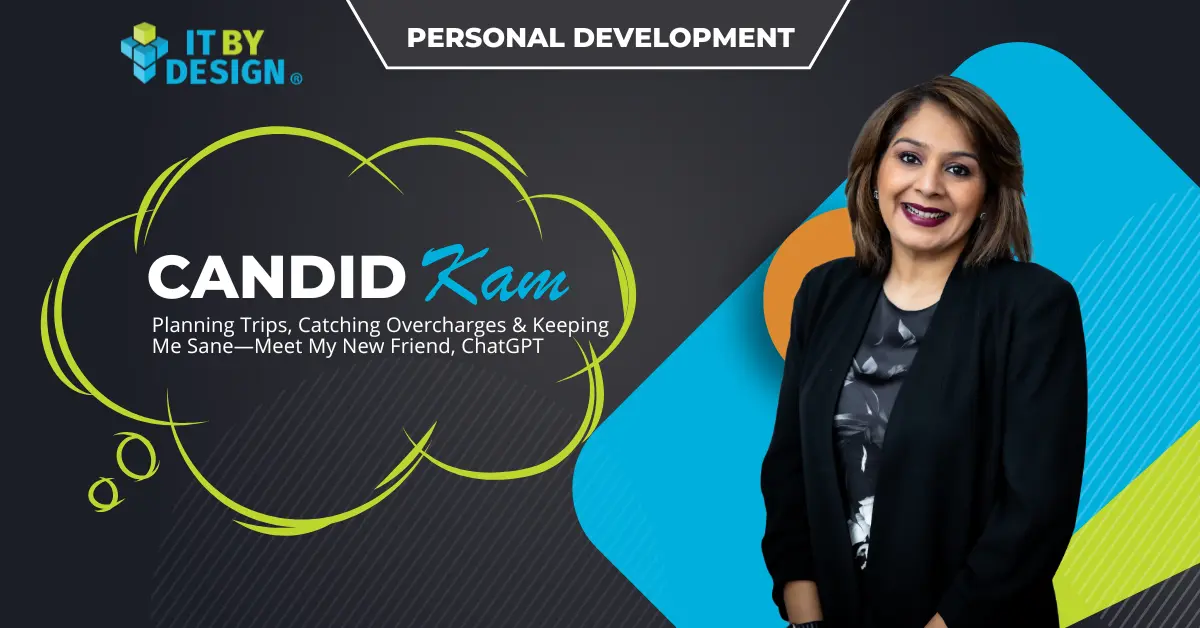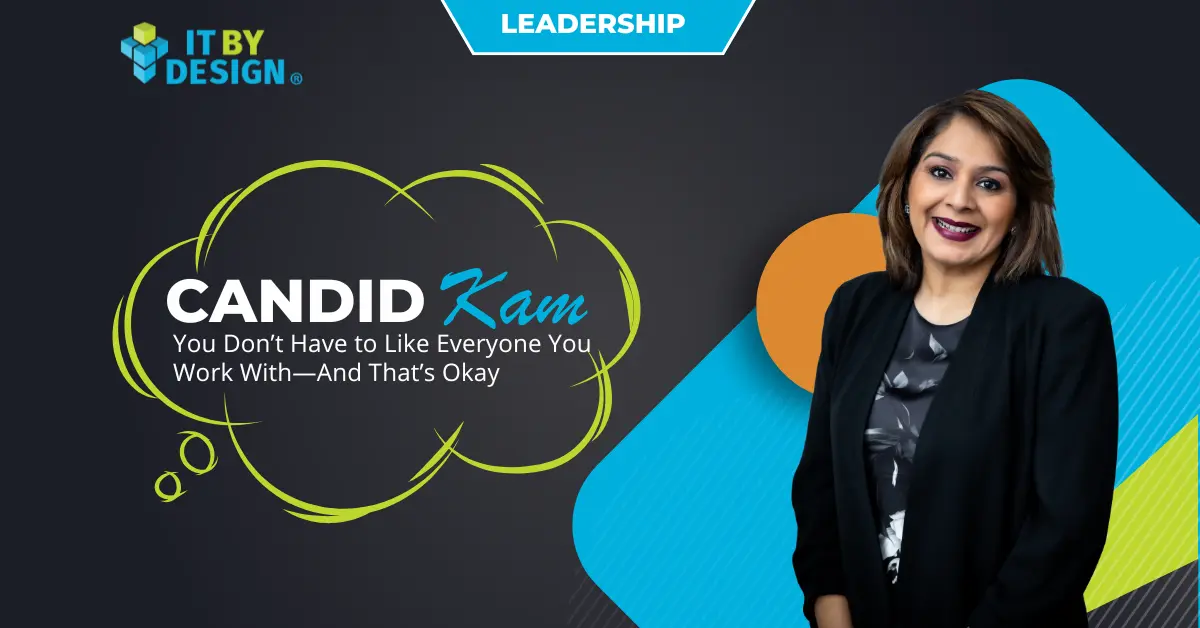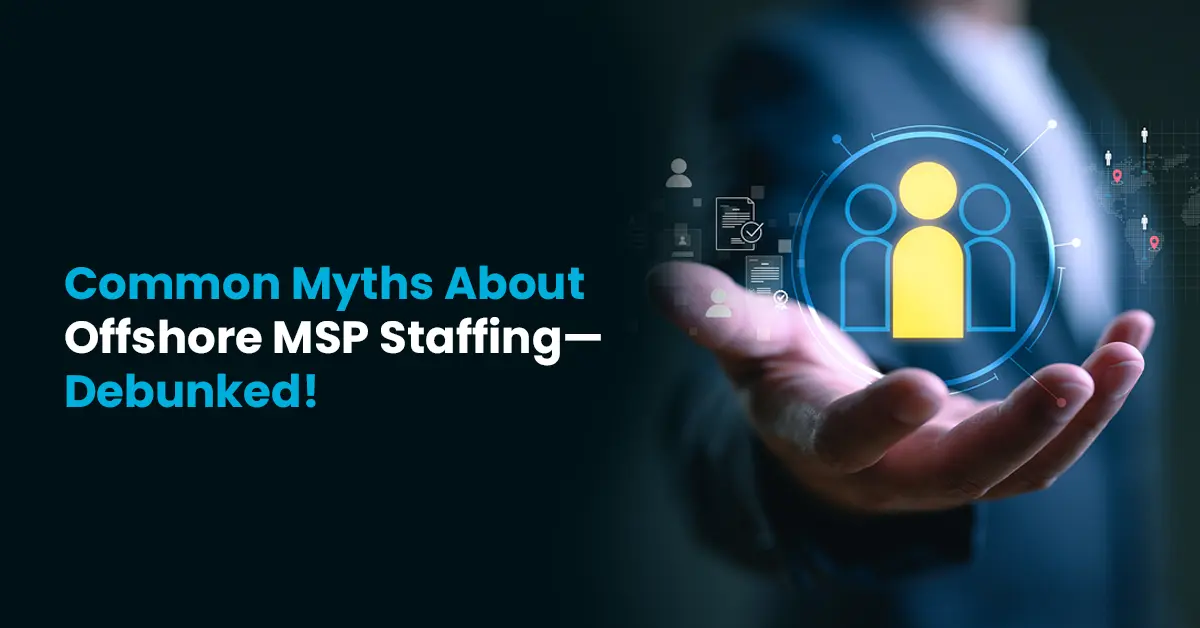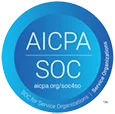Effective communication lies at the heart of any successful business. Active listening is more than just hearing words—it involves providing undivided attention, comprehending the speaker’s message, and responding with empathy and respect. For MSPs, mastering this art can significantly impact their growth in the channel and help retain their current customer base.
According to research by Project.co, more than two-thirds of people say poor communication has led them to stop dealing with a company and jump ship to a competitor. Active listening is a key component of communicating, as it enables businesses to deliver high-quality services that meet or exceed their clients’ expectations. It can also help MSPs differentiate themselves from their competitors as it demonstrates their professionalism, competence and commitment to customer satisfaction.
Let’s explore the benefits of active listening and delve into practical ways to improve this critical skill.
The Benefits
- Understanding Clients and Stakeholders Better:
By attentively understanding the problems, goals and preferences of their customers, MSPs can provide tailor-made solutions and services that not only meet—but exceed—expectations. Businesses that provide this type of training to employees have a greater ability to grasp the unique needs, desires and feedback of their clients and stakeholders.
- Improved Communication and Results:
By honing active listening skills, MSPs can ensure that their ideas and instructions are conveyed with clarity and precision. Communication breakdowns can unfortunately cause significant setbacks. Instead, truly hearing the input, suggestions and concerns of team members, partners and vendors fosters a culture of collaboration, coordination and efficiency within the organization.
- Increased Trust and Rapport:
In the competitive technology channel, ensuring your clients are confident in your abilities is essential for long-term success. Active listening allows MSPs to demonstrate professionalism, competence and a genuine commitment to customer satisfaction. Showing appreciation, recognition and respect for their clients’ needs builds meaningful relationships and can lead to increased retention rates and referrals.
- Enhanced Efficiency in Problem Resolution:
No company is immune to challenges and conflicts. However, with active listening, MSPs can better identify the root causes and potential solutions for various issues that may arise. This skill equips organizations to handle difficult situations with tact, empathy and patience. Dealing with conflict in this manner prevents escalation, reduces frustration and improves overall outcomes.
- Easier to Identify Opportunities for Growth:
Active listening helps MSPs to learn from experiences, feedback and market trends and allows them to identify gaps, needs and emerging demands. Armed with this valuable information, companies can proactively address challenges and seize opportunities, thereby enhancing their overall performance, quality and value propositions.
How You Can Improve
Honing active listening skills across an MSP organization is a continuous process that requires practice and commitment. Here are some practical tips to enhance these important abilities:
1. Remain Curious and Open-Minded
Approach conversations with a genuine sense of inquisitiveness and an open mind. Even if you don’t agree with the speaker, suspend judgment and focus on understanding their perspective. Asking open-ended questions encourages the other person to elaborate, leading to more insightful discussions.
2. Demonstrate Empathy and Respect
Compassion is a fundamental aspect of active listening. Try to put yourself in the speaker’s shoes, understanding their emotions and experiences. Show respect for their views and opinions, and refrain from interrupting or criticizing as it may hinder open communication.
3. Be Attentive and Responsive
Give the speaker your undivided attention, both verbally and non-verbally. Pay attention to their tone of voice, facial expressions and body language, as they often convey additional information beyond their words. Respond to the other person’s statements with thoughtful responses, when appropriate, summarizing and clarifying to ensure accurate comprehension.
How to Provide Effective Feedback
Offer thoughts and suggestions promptly after the relevant event or conversation to ensure it can have an immediate impact. Delayed responses may reduce its value. Focus on the particular behavior or action that requires feedback. Avoid making generalized statements or assumptions about the individual’s intentions and provide concrete examples and evidence to support each statement to make it more actionable.
Feedback should be constructive, focusing on how the individual can improve their future performance. Maintain a calm and professional tone when delivering your thoughts to avoid demotivating the recipient. Show empathy and support for their growth and development by acknowledging their efforts and emotions. Be open to receiving feedback from others, including clients, team members, and stakeholders; actively listen to their input and use it as an opportunity to learn and improve performance.
Lead the Way to Success
Paying full attention, understanding the meaning of messages and responding appropriately are crucial elements of effective communication, which enables organizations to fully grasp their clients’ needs and expectations. MSPs must actively listen to build strong relationships and provide top-notch services to their customers. Understanding clients’ underlying emotions and motivations allows tailoring solutions to their unique circumstances, fostering trust and reliability.
Timely and appropriate responses demonstrate professionalism and show that clients’ needs are valued. This cultivates a positive perception of the MSP and fosters long-lasting partnerships. Prioritizing exemplary communication practices leads to higher satisfaction and retention rates. It also helps businesses adapt quickly to challenges and seize opportunities. Proactive communication builds transparency and collaboration within the organization, enhancing team cohesion and efficiency.
By mastering active listening, understanding clients’ needs and responding thoughtfully, MSPs can achieve greater success and sustainability.


